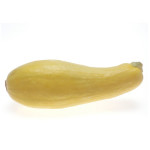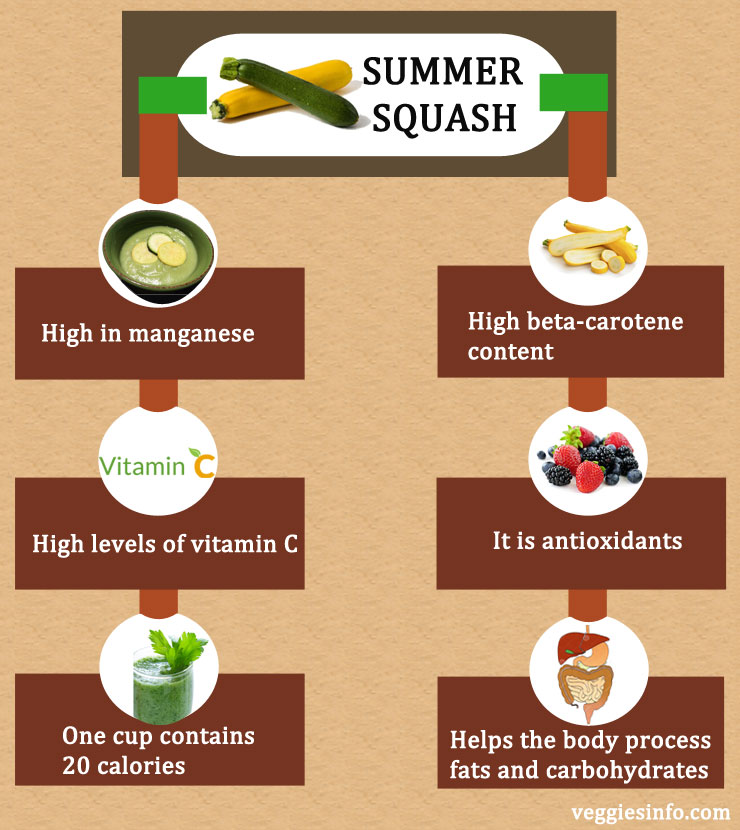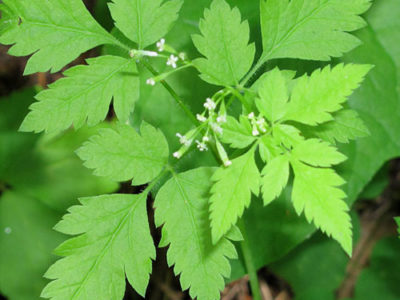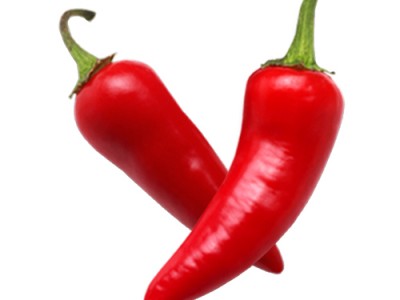
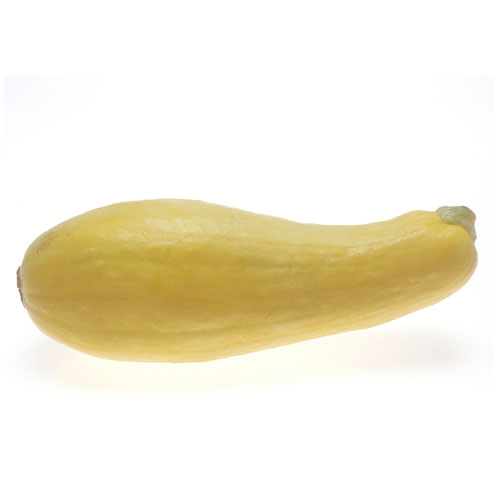
Nutrition Guide & Health Properties | Summer Squash
About Summer Squash
Scientifically known as cucurbita pepo; summer squashes are similar to that of Zucchini which is also called as summer squash in a few parts of the world. These vegetables grow easily in bushy vegetation and have a very short storage life.
Summer Squash Nutrition Value
- Summer squash is Rich in Dietary Fibre.
- Helps in lowering the cholesterol levels in the blood.
- Summer squash helps in managing weight loss due to its low calorie content and high levels of water present in it.
- The risk of heart attack and strokes is highly prevented due to its presence.
- It is also known for is cancer prevention properties.
- It helps to cool the cells of the eyes and vitamin A promotes healthy eye sight
- It is also recommended by doctors for a healthy hydrated skin and it prevents aging of the skin.
Summer Squash Benefits
- Summer squash is antioxidants.
- High beta-carotene content.
- High levels of vitamin C helps prevent premature aging and cancer.
- One cup of summer squash contains just 20 calories.
| Principle | Nutrient Value | Percentage of RDA |
|---|---|---|
| Energy | 17 Kcal | <1% |
| Carbohydrates | 3.11 g | 2.5% |
| Protein | 1.21 g | 2% |
| Total Fat | 0.32 g | 1% |
| Cholesterol | 0 mg | 0% |
| Dietary Fiber | 1 g | 3% |
| Vitamins | ||
| Folates | 24 µg | 6% |
| Niacin | 0.451 mg | 3% |
| Pantothenic acid | 0.204 mg | 5% |
| Pyridoxine | 0.163 mg | 13% |
| Riboflavin | 0.094 mg | 7% |
| Thiamin | 0.045 mg | 4% |
| Vitamin A | 200 IU | 7% |
| Vitamin C | 17.9 mg | 30% |
| Vitamin E | 0.12 mg | <1% |
| Vitamin K | 4.3 µg | 4% |
| Electrolytes | ||
| Sodium | 8 mg | 0.5% |
| Potassium | 261 mg | 5.5% |
| Minerals | ||
| Calcium | 16 mg | 1.6% |
| Iron | 0.37 mg | 5% |
| Magnesium | 18 mg | 4% |
| Manganese | 0.177 mg | 8% |
| Phosphorus | 38 mg | 5% |
| Selenium | 0.2 µg | <1% |
| Zinc | 0.32 mg | 3% |
| Phyto-nutrients | ||
| Carotene-ß | 120 µg | — |
| Crypto- xanthin-ß | 0 µg | — |
| Lutein- zeaxanthin | 2125 µg | — |
Apart from being a delicacy to savour on, It is also a vegetable loaded with nutrients. Here a few health benefits that summer squash provides. Cholesterol is used in production of bile acids there by reducing the cholesterol formation in blood. The presence of vitamin A and C helps in preventing the blood from being oxidized and thus preventing the cause of atherosclerosis. The fibre present in summer squash aids in faster digestion and metabolism thus helping in burning more calorie than consumed. Summer squash has high magnesium content; a one cup serving of summer squash consists of 10% of the daily recommended value of magnesium ideal for the dietary intake. Amino acid breaks down to form homocysteine a dangerous compound that cause blockage in heart leading to cardiovascular disease. Summer squash is rich in folic acid that controls the formation of homocysteine.The anti oxidants present in Vitamin A and C and the dietary fibre present in summer squash helps in de-rooting the carcinogenic substances in the body .Carcinogenic substance in the body is the reason for malignant cancers such as colon cancer, lung cancer and breast cancer. Blood sugar levels can be controlled by consumption of summer squash as it has abundance of zinc, magnesium, fibre and pectin that breaks the sugar in the blood level keeping it under control. A good vision is something that has been a challenge when people today are spending most of their time engaging on television, computer screens or their latest smart phones.
How To Enjoy Summer Squash
Summer squash can be enjoyed raw after running it under cold water and washing it. Summer squash can be grated and be used on top of salads, sandwiches and a garnish on cold soups.
Stuffed summer squash a similar delicacy like stuffed zucchini can be made by stuffing cottage cheese and bell peppers in herbs served as accompaniments with flavoured rice. Serve summer squash as a part of a vegetable platter along with cold dips.

